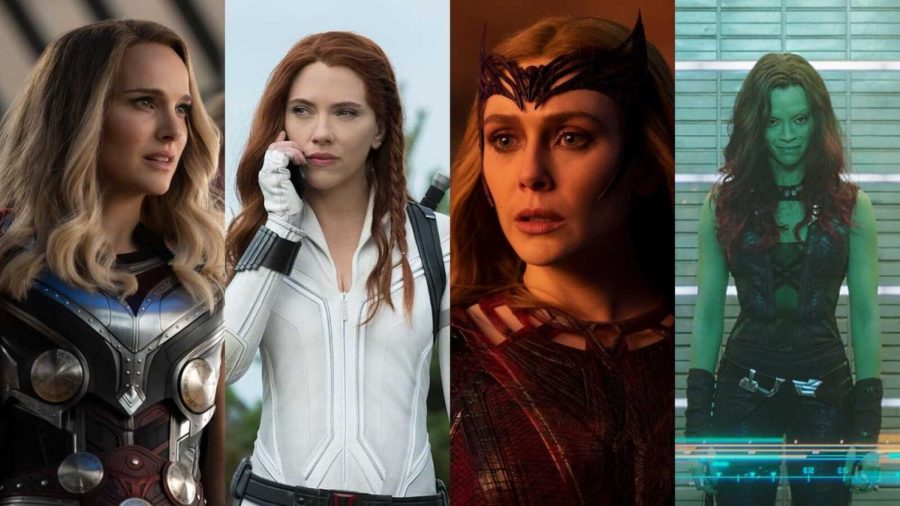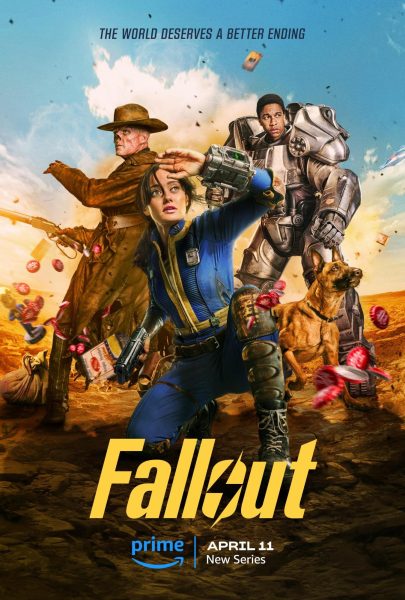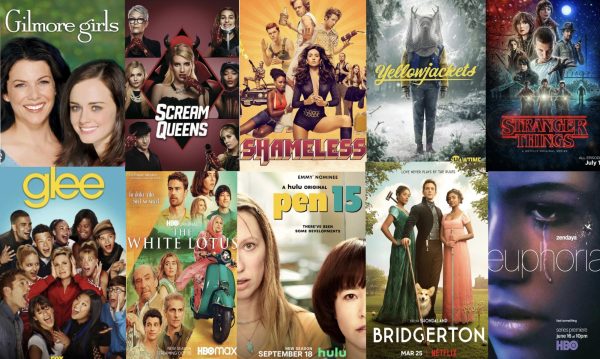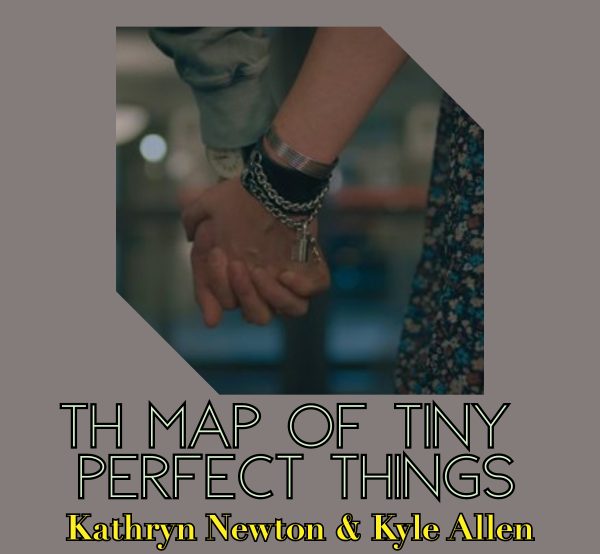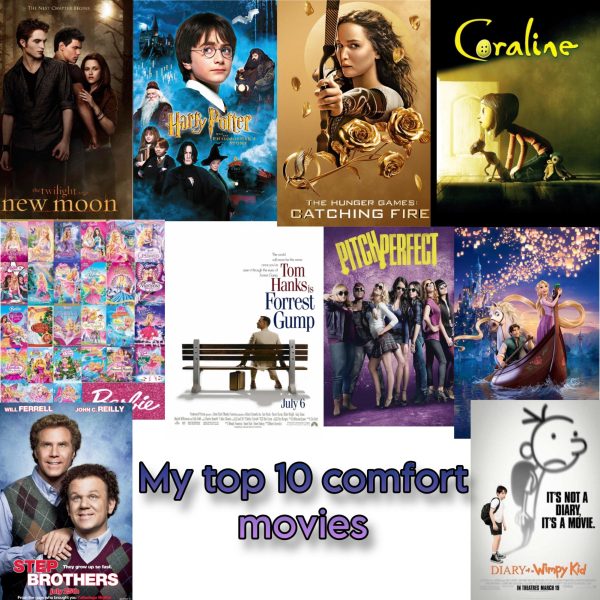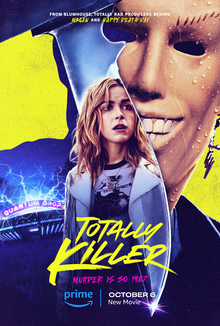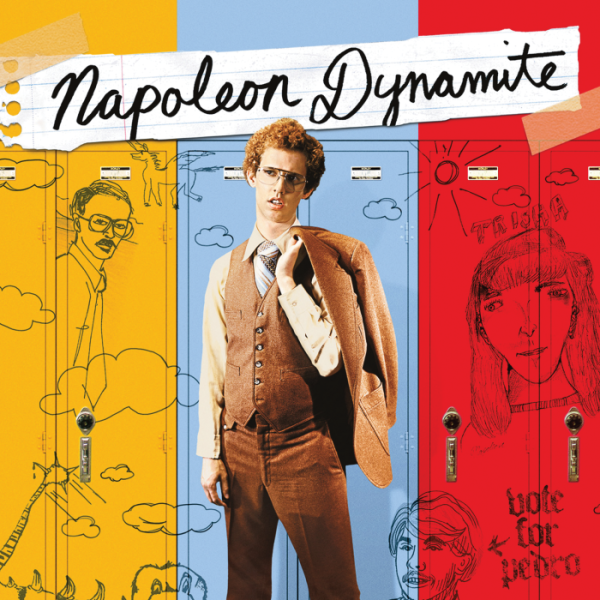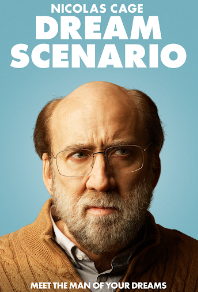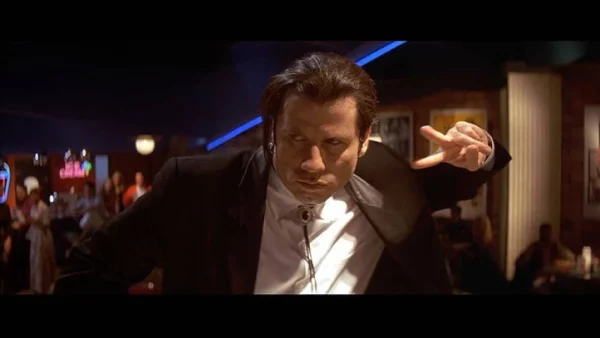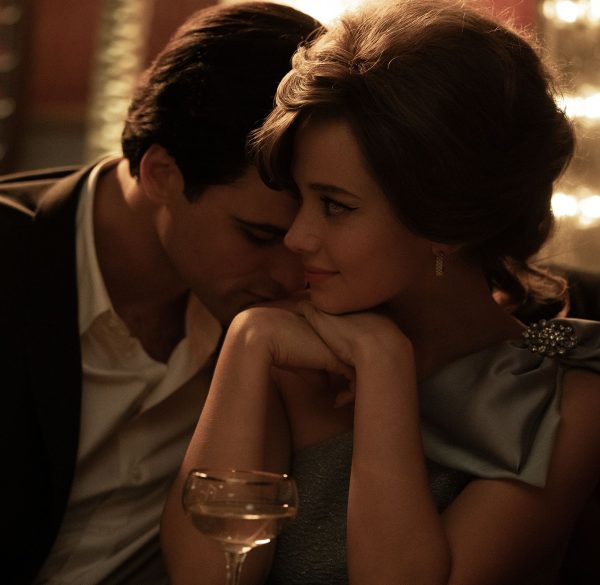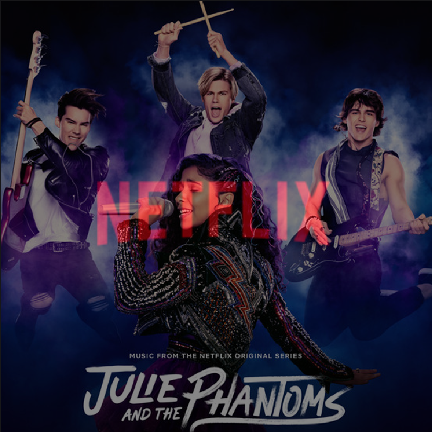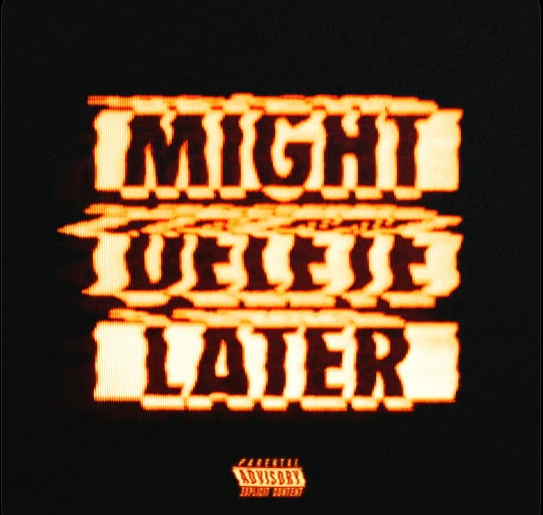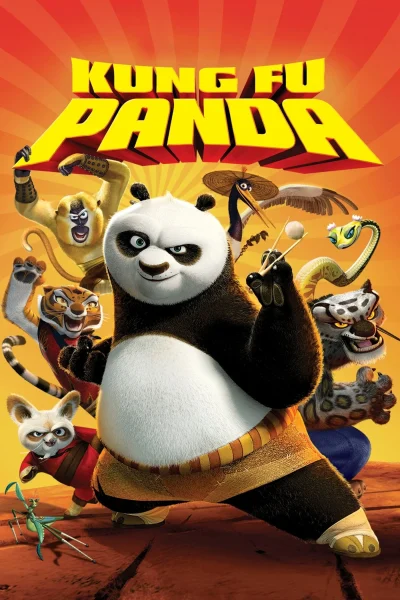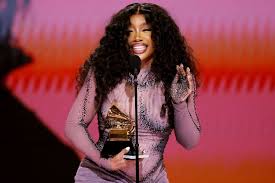The big issue with MCU fans
(from left) Natalie Portman as Jane Foster, Scarlett Johansson as Natasha Romanoff, Elizabeth Olsen as Wanda Maximoff, and Zoe Saldana as Gamora Zen Whoberi Ben Titan
Love it or hate it, the Marvel Cinematic Universe (MCU) is one of the most popular movie franchises right now. Since the release of “Iron Man” in 2008, the MCU has grown to introduce beloved characters like Thor, Black Widow, and Spider-Man to the big screen. These cinematic endeavors have put comic books on the map, and made comic culture more accessible than ever.
One shortcoming the MCU has been criticized for is a lack of diversity, especially a lack of well-written female characters. Since her debut in “Iron Man 2”, Black Widow (played by Scarlett Johansson) people have claimed her depiction is misogynistic and hypersexualized. In recent years, Marvel has introduced more female characters who take a more active role in their own stories.
The turning point for women in the MCU was 2019’s “Captain Marvel,” the franchise’s first solo film about a female character. The film received mixed reviews, with some calling it an empowering feminist statement, others saying it was too shallow, and a large group who vehemently despised the film and everything it stood for. But why? Why was a superhero movie, received by critics and fans as average and unassuming, the target of so much hatred? The answer is, unfortunately, misogyny.
Fans of the MCU quickly “review bombed” the film upon its release, submitting poor reviews as a retort to the film’s feminist rhetoric. The biggest victim of this firestorm, however, was Brie Larson, the actress portraying the main character. Social media users blasted Larson’s personality, calling her “smug,” “annoying,” and “arrogant.” Fans ridiculed her performance and her calls for diversity within the MCU. The situation was a disaster of epic proportions and truly sparked the misogynistic attitude plaguing MCU fans today.
After “Captain Marvel,” women seemed to take more initiative in the MCU. 2021 saw the release of the Disney+ series “WandaVision,” which focused heavily on Wanda Maximoff and her journey through grief and mental illness. Shortly after, the long-awaited “Black Widow” film premiered, following the titular assassin, and introducing new female characters like Yelena Belova. Both of these projects received some backlash from disgruntled fans, but it never reached “Captain Marvel” level.
Recently, the MCU has been adding and expanding onto their roster of female characters. New shows such as “Ms. Marvel” and “She-Hulk” feature female superheroes as their main characters. Ms. Marvel received an abundance of criticism, for varying reasons. Some had derogatory feelings about the main character, Kamala Khan, being openly Muslim. Others disliked the way the show was marketed to a more childish audience. But the biggest issue for many was the fact that Kamala Khan is a teenage girl who acted like one. This attitude did not improve with the release of “She- Hulk,” with many criticizing its messages about the female experience, and including references to Megan Thee Stallion and other female cultural figures.
Around this time, some MCU fans started jokingly calling the franchise the “M-She-U,” in reference to the uptick in female characters and feminist messaging. Some claimed that diversity was taking over the MCU, with references to Jane Foster as Mighty Thor, Shuri as Black Panther, and Kate Bishop as Hawkeye. While I could not find a conclusive statistic on women in the MCU, research has been done on the representation of women in comic books and superhero media. Only 26.7 percent of all DC and Marvel comics characters combined are female. Out of the 23 films in the MCU’s “Infinity War Saga,” only two were women-led. Natasha Romanoff, one of the biggest women in the MCU, has a total of one hour 33 minutes of screen time throughout the eight films she has appeared in, while Tony Stark has a whopping five hours and 21 minutes through his 11 film appearances.
All this is to say: women are not taking over the MCU. Sure, more women are leading films and taking up their own mantles, but Marvel still has a long way to go before becoming female dominated. Of course, it is okay not to like a female character. If you think Captain Marvel is cocky, or She-Hulk is annoying, that is fine. Female characters and the media they appear in are not exempt from criticism. In fact, with the MCU’s track record of female representation, I would encourage it! What is not fine, however, is hating a character simply for their gender. It seems self-explanatory, but apparently it is something that has to be said. In a universe full of underground organizations, hostile aliens, and unhinged sorcerers, is a few female superheroes really the most unrealistic concept?
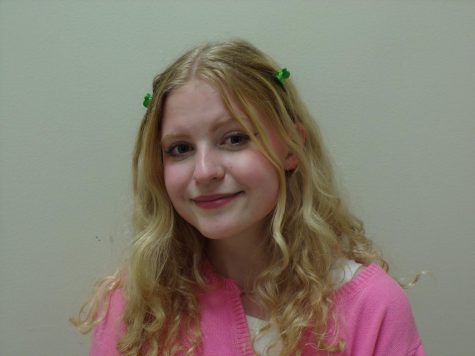
Emma is a senior in her second year of writing for Beaver Tales. Outside of class, you can find her drawing, collecting Beanie Babies, hanging out with...

